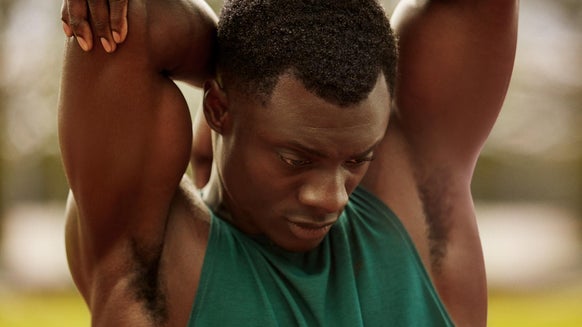Walking With Your Partner Could Be Slowing You Down New Study Says

Daily walks have become a staple in life since we're all spending more time at home, but do you usually like to walk alone or bring along some company? If you answered the latter, this article might have you wanting to go solo... A new study has found that those who walk in a couple rather than as lone rangers tend to decrease their pace pretty significantly relative to when they walk alone.
And the bad news gets even worse for lovers of PDA. Turns out it was also found that walkers who were holding hands had their pace decrease even further. So, if you’re wanting to get a few more steps in a little bit quicker, it might be time to let go, literally.
The Evidence
The study conducted by Purdue University examined walking times and gait speeds (time taken to walk a given distance) of 141 people from 72 couples, ranging from ages 25 to 79.
The researchers had hoped that due to the participants being in committed relationships, where they encourage healthy habits including exercise, that walking speed wouldn’t decrease when they walked together. They had hypothesised that the slower partner would speed up to catch up with the faster of the two. What actually happened however, was both partners had a slower speed when walking together.
It was found that both partners "reduced speed when walking together (p < 0.001), and reduced speed further while holding hands (p < 0.001)".1
But don’t cancel your walk with your significant other just yet, there might be some good news for younger couples. It was found that older adults tend to decrease their speed more than younger adults when faced with obstructions in their pathway, with the younger couples adapting much easier.1
What does this mean for health?
The researchers concluded that walking with your partner might be beneficial for increasing your general activity (something is better than nothing!) due to the social support offered by a partner.
However, it
But there’s a bit more science to this notion. Walking at a slower speed will reduce your average gait speed, which is an indicator of overall health. Adults with a lower gait speed tend to be in poorer health. So, in order to improve your gait speed, you need to stay active. If your main source of activity is walking, it’s important to keep your pace up.
However, research says you can improve your gait speed through other activities too like strength training1, so if you've got another source of activity like this, a leisurely walk with your partner isn't going to damage your overall health.
Take Home Message
Don’t let this study put you off any romantic walks on the beach with your significant other, as long as you lead an active lifestyle overall, a few slower walks won’t negatively affect your general wellbeing.
READ THESE NEXT:






